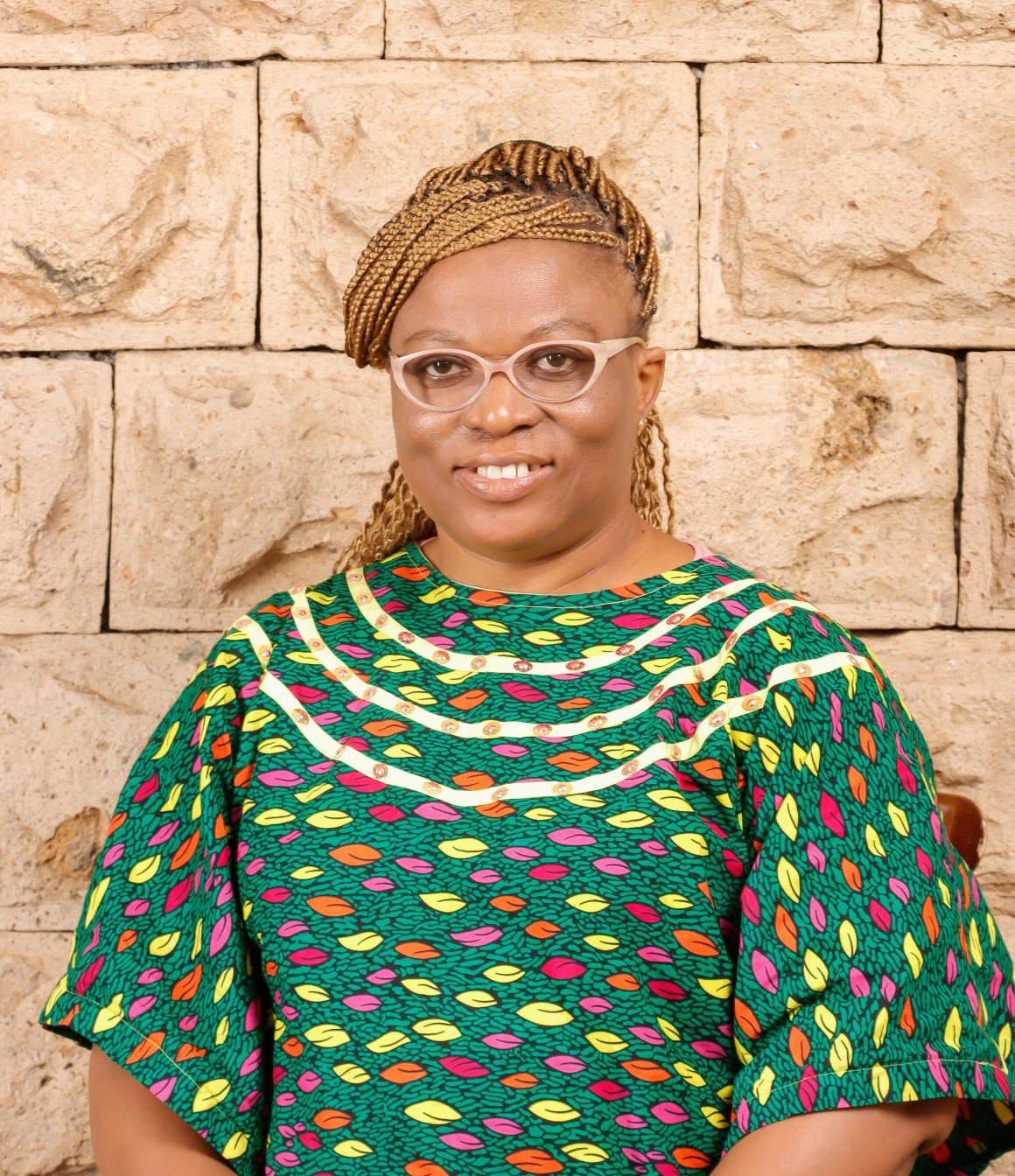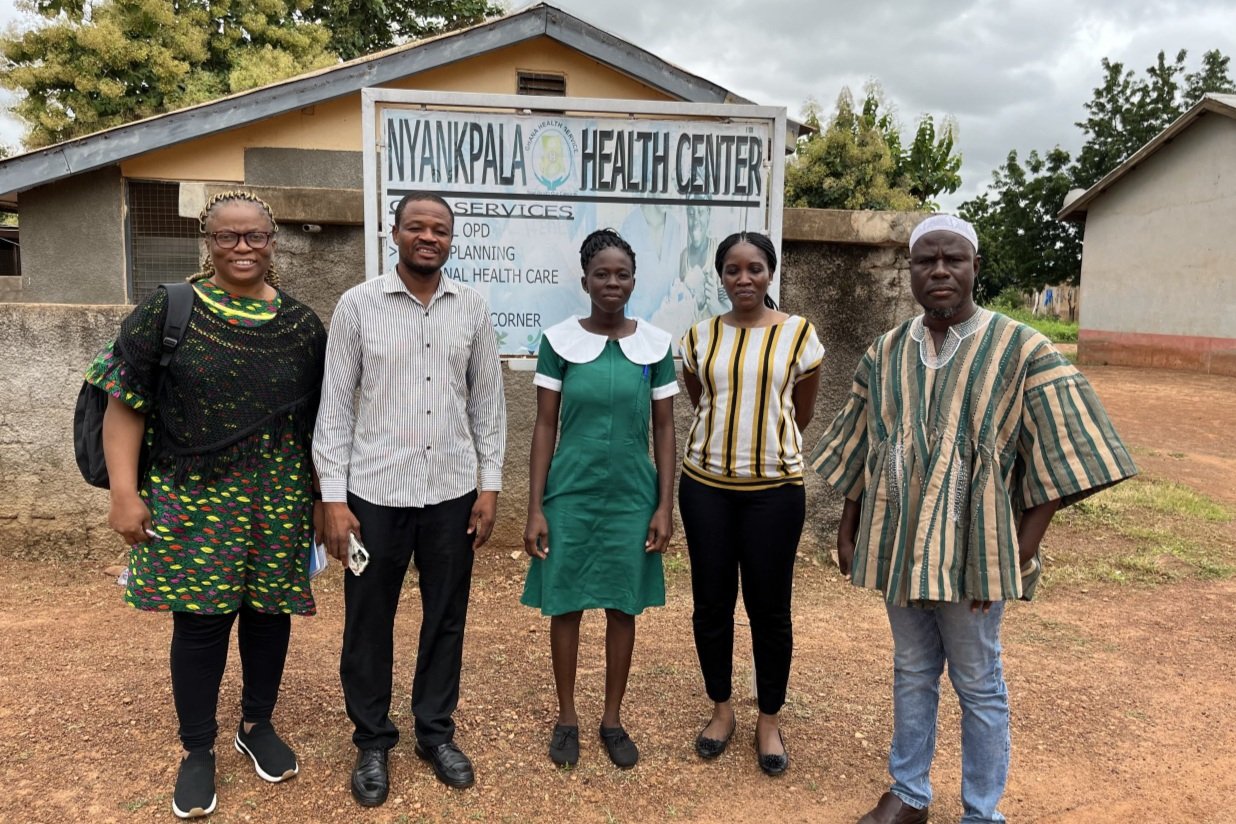African-led solutions could transform healthcare in Ghana’s rural communities
by Chioma Ogbozor
Management Partner, Ghana Health Service, Amp Health
During my visit to a rural community in northern Ghana, I met Fatima, a midwife working tirelessly in a small clinic. The challenges she faces are daunting. Her facility lacks reliable electricity and internet connectivity. As a result, Fatima relies on the manual coordination of referral services and, in some cases, uses WhatsApp to communicate with other health workers. This makes it difficult for her to efficiently coordinate referrals or seek expert advice for complicated cases.
Fatima shared stories of referring women in need of specialised care to district or regional hospitals, though the means of doing so was often slow and frustrating. Without a digitised process, communicating with other health facilities was almost impossible, leading to delayed referrals and dangerous outcomes for some of her patients. Despite these limitations, Fatima remains a vital resource for women in nearby villages who depend on her for antenatal care.
In other parts of the region, health workers in facilities without midwives faced even greater challenges. They were forced to send every antenatal case, no matter how routine, to facilities with midwives, placing an additional burden on women who had to travel long distances for basic care.
Despite these barriers, I am hopeful that change is on the horizon. In early 2023, a multi-stakeholder partnership, the Country Innovation Platform (CIP), was established to address critical maternal and newborn health challenges by developing sustainable, context-specific, African-led solutions. At its core is the opportunity to align innovative solutions with needs and realities on the ground.
The CIP, led by the Ghana Health Service (GHS), harnesses the expertise of local innovators and global partners (Grand Challenges Canada, USAID’s Center for Impact and Innovation, and Amp Health) to address pressing health challenges with tailored approaches. This model puts local actors at the forefront, ensuring that interventions are designed for and co-created with the communities they serve.
Innovations like M’enaApp, developed by Duapa Werkspace, aim to address these challenges. M’enaApp is a mobile application designed to improve information flow, facilitate real-time submission of requests, and track maternal and neonatal referrals between health facilities. With this tool, midwives like Fatima can notify hospitals about incoming patients and track their status instantly. This will significantly reduce delays and ensure that the receiving hospital is prepared for the patient’s arrival.
Fatima is also hopeful. Strengthening links between health facilities and improving referral processes can save lives. She believes that with the right support, positive change is within reach. Health workers are central to strengthening linkages between healthcare facilities, and their resilience underscores the importance of co-creating solutions with those on the frontlines of healthcare.
One of the key lessons from the CIP is the importance of trust and collaboration between public institutions and external stakeholders such as funding partners and innovators. It also highlights the need to ensure that governments are at the centre of the decision-making process. The GHS, through its newly established national and regional innovation desks, has a key role to play in fostering local innovation, scaling it, and ensuring it aligns with national priorities.
Visiting the Nyankpala Health Center in Ghana’s Northern Region
Amp Health has supported the GHS in establishing the CIP by embedding a local Management Partner within the GHS to provide leadership and management mentorship and support. This collaboration, based on respect and transparency, demonstrates how partners such as Amp Health can provide strategic support to strengthen the capacity of local institutions to lead as equal partners. At the same time, international partners such as Grand Challenges Canada and USAID gain invaluable insights from Amp’s support in navigating public sector processes and addressing cultural nuances while promoting mutual respect.
Localisation and innovation are inextricably intertwined in effectively and sustainably addressing Africa’s development challenges. By rooting innovation in local contexts, we can build health systems that are responsive and resilient in the long term. The CIP is a powerful example of what is possible when we look to local leadership and ingenuity for solutions.
However, for localisation efforts to be truly effective, they must go beyond mere implementation. It requires the creation of ecosystems where local innovators have access to financial and non-financial resources, capacity-building opportunities, and policy frameworks that allow their ideas to flourish. The CIP is already taking steps in this direction, with plans for digital system alignment and ongoing support to help innovators integrate into national health structures.
As we move forward, the success of localisation will depend on our ability to create systems that support and scale local innovation while fostering collaboration between local institutions, international partners, and the communities we seek to serve. In doing so, we can ensure that the impact of innovation is felt not just today but for generations to come.
Chioma Ogbozor is an Amp Health Management Partner who has been embedded in the GHS since December 2022 to support the CIP.




